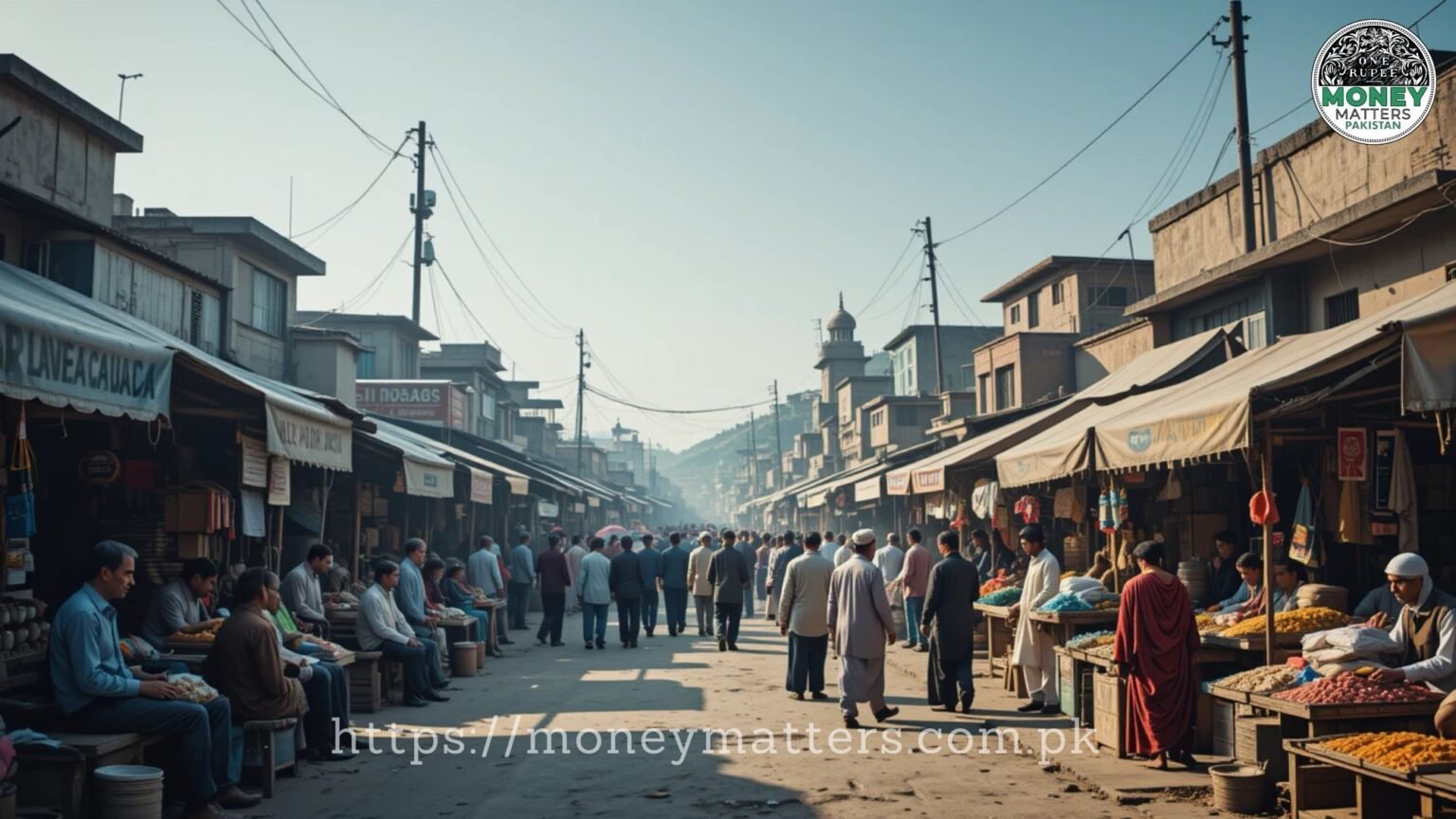Untaxed Sector Threatens Economic Transparency and Growth
Key Takeaways:
i) Pakistan’s informal economy, fueled by cash transactions and underreported values, is estimated to reach between $400 billion and $500 billion.
ii) The real estate and retail sectors are major contributors, with significant amounts of transactions occurring outside the formal tax system.
iii) Complex tax regulations and corruption discourage businesses from joining the formal economy, hindering the government’s revenue collection.
Islamabad, Pakistan – April 20, 2025 – A recent report by The Express Tribune, titled “Informal economy to cross $500b” and authored by Shahram Haq, reveals growing concerns about Pakistan’s expanding informal economy. The article, available at Informal economy to cross $500b, states, “Nearly every part of the country sees this practice thriving. This undocumented system, fuelled by cash deals and hidden from official records, is larger than the official economy or GDP of the country, which currently stands at around $374 billion.” Pakistan’s nominal GDP was approximately $337.912 billion in 2023.
“Pakistan ranked 161st among 190 economies for ‘paying tax’ indicator in the 2020 Doing Business Report,” indicating the complexity of the tax system.
The informal economy, driven by practices such as purchasing from unregistered retailers and underreporting property values, deprives the government of crucial funds needed for public services. Shahram Haq notes, “[I]n major cities, up to 70% of real estate transactions use black money,” highlighting the significant role of the real estate sector. The retail sector also contributes substantially, with an estimated 40% operating informally, costing the government over Rs1.5 trillion annually, according to a study by the Sustainable Development Policy Institute (SDPI).
High taxes, complex regulations, and corruption are cited as key factors pushing businesses into the informal sector. “Pakistan ranked 161st among 190 economies for ‘paying tax’ indicator in the 2020 Doing Business Report,” indicating the complexity of the tax system. This complexity, coupled with frequent policy changes and corruption, discourages formalization. According to Haq, “If you have connections or money, you can bypass any law. If you do not have any, you will be punished for trying to do things right.”
While the government is making efforts to address this issue, experts suggest that tackling the informal economy will be a long and difficult process. Economist Osama Siddiqi suggests that simplifying tax laws and improving public services could incentivize businesses to formalize, stating, “People need to see a benefit in paying taxes, like better roads or healthcare. Right now, they don’t.”




